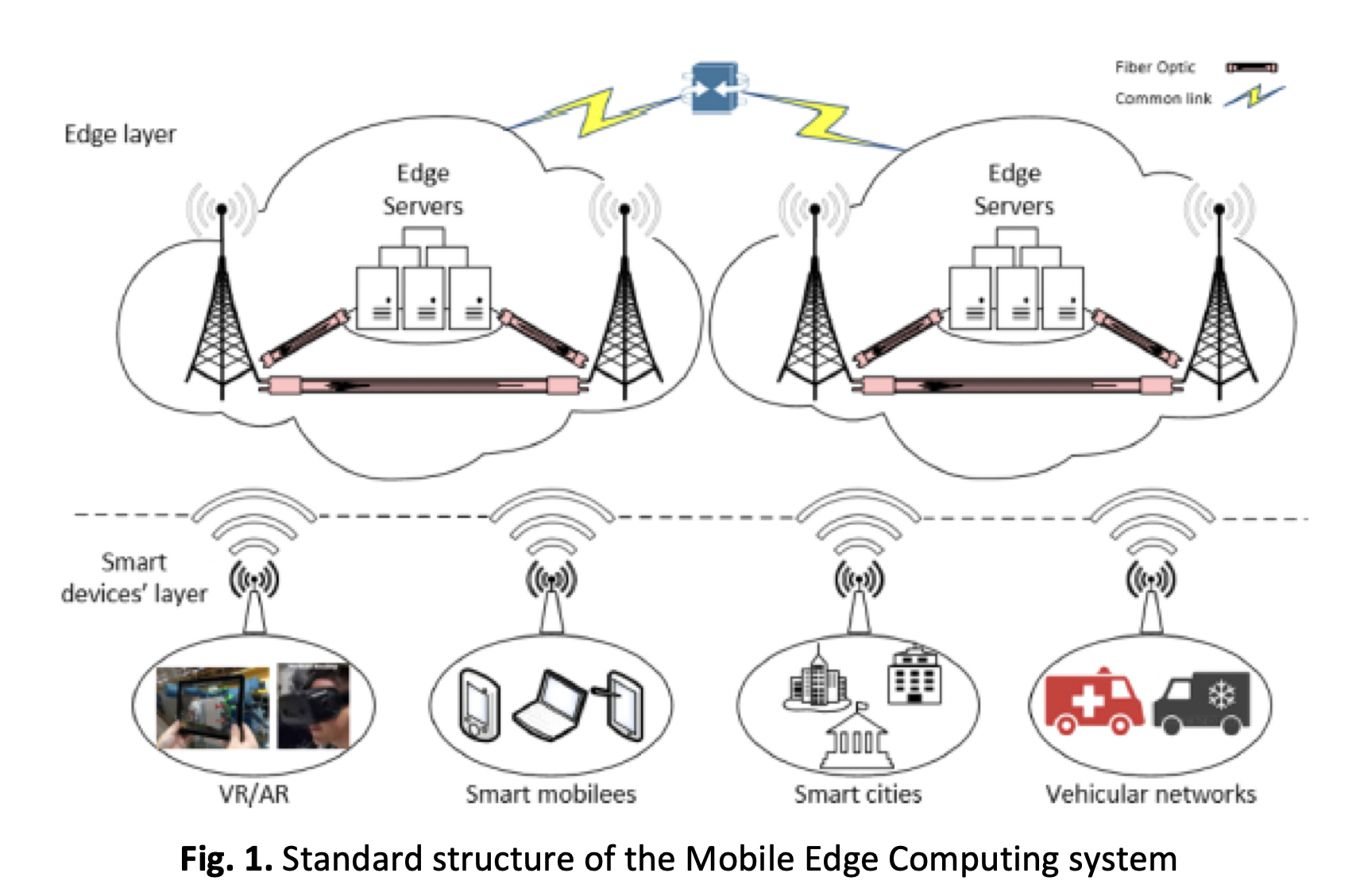Metaheuristics Method for Computation Offloading In Mobile Edge Computing: Survey
DOI:
https://doi.org/10.37934/araset.36.1.4373Keywords:
Computation offloading, Mobile edge computing, Genetic algorithm, Particle swarm optimizationAbstract
In recent years, edge computing has emerged as a computing paradigm to support the computationally intensive and latency-critical applications for resource limited devices. The main feature of edge computing is to push computation, networking, and storage facilities closer to the network edge. This enables user equipment (UE) to profit from the edge computing paradigm by mainly offloading their intensive computation tasks to edge resources. Because of some rising problems such as inherent software and hardware heterogeneity, restrictions, dynamism, and stochastic behavior of the ecosystem, the computation offloading issues consider as the essential challenging problems in the MEC environment. However, to the best of the author's knowledge, in spite of its significance, in Metaheuristic -based computation offloading mechanisms, there is not any systematic, comprehensive, and detailed survey in the MEC environment. In this paper, we provide a review on the Metaheuristic -based computation offloading mechanisms in the MEC environment in the form of a classical taxonomy to identify the contemporary mechanisms on this crucial topic and to offer open issues as well. The proposed taxonomy is classified into three main fields: genetic algorithm (GA)-based mechanisms, Partical Swarm Optimization(PSO)-based mechanisms, and Hybrid GA with PSO -based mechanisms. Next, these classes are compared with each other based on the essential features such as performance metrics, case studies, utilized techniques, and evaluation tools, and their advantages and weaknesses are discussed, as well. Finally, open issues and uncovered or inadequately covered future research challenges are argued, and the survey is concluded.




























